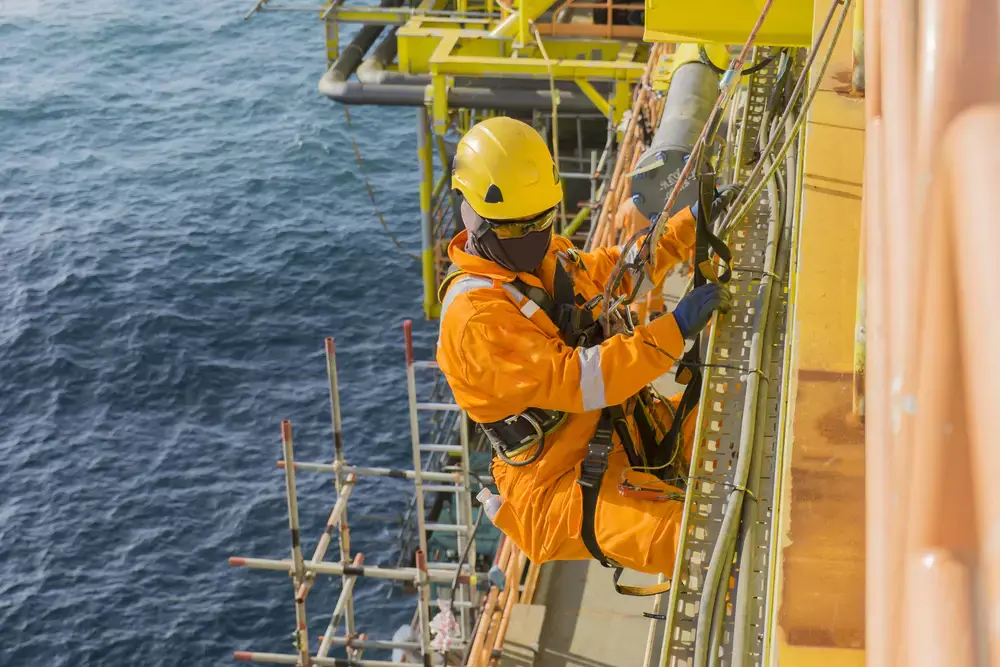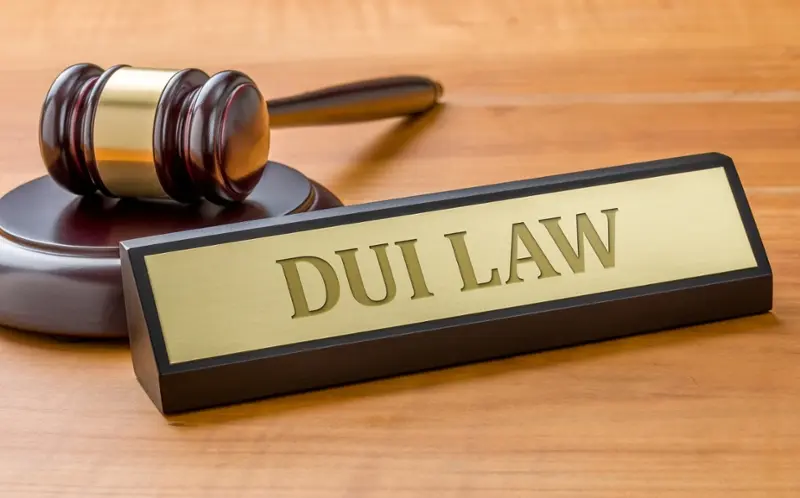
Why You Need an Oil Rig Injury Lawyer
Oil rig injuries are often severe due to the heavy machinery and harsh working conditions. If you’re involved in an accident, it’s important to have a lawyer who specializes in oil rig accidents to handle your case. Here's why hiring an oil rig injury lawyer is essential:
- Expert Knowledge of Maritime Law: Oil rig injury cases often fall under maritime law or the Jones Act, making it essential to hire a lawyer with expertise in these areas.
- Accident Investigation: An oil rig injury lawyer can investigate the cause of the accident, gather evidence, and consult with experts to build a strong case.
- Maximizing Compensation: An experienced lawyer will ensure that all possible avenues for compensation are explored, including worker’s compensation, insurance claims, and lawsuits.
Common Causes of Oil Rig Injuries
Oil rigs are dangerous places where accidents can happen in the blink of an eye. Some common causes of oil rig injuries include:
| Cause of Injury | Description | Example Incidents |
|---|---|---|
| Heavy Machinery Accidents | Malfunctions or improper use of heavy equipment. | Crush injuries from machinery, forklift accidents. |
| Falls | Slippery surfaces or unsecured areas leading to falls. | Falling from heights, slipping on wet floors. |
| Explosions | Gas leaks or improper handling of flammable materials. | Explosion during drilling, fire accidents. |
| Electrical Accidents | Faulty wiring or electrical equipment causing shocks or fires. | Electrical burns, shock injuries. |
| Exposure to Hazardous Chemicals | Exposure to toxic substances without proper protective gear. | Inhalation of toxic gases, skin burns. |
| Repetitive Motion Injuries | Strain or injury caused by repetitive tasks over time. | Back and joint injuries from lifting heavy objects. |
| Inadequate Safety Measures | Lack of proper safety equipment or failure to follow protocols. | Accidents due to missing safety barriers or untrained personnel. |
How an Oil Rig Injury Lawyer Can Help You
If you've been injured on an oil rig, an experienced lawyer can help you navigate the complexities of your case. Here’s how a lawyer can assist:
1. Evaluate the Cause of the Accident
An oil rig injury lawyer will investigate the cause of your accident, determine liability, and identify potential parties responsible for your injury (e.g., the oil rig operator, equipment manufacturers, or third-party contractors).
2. File a Claim Under the Jones Act
If your injury occurred while working on a vessel or an offshore oil rig, your lawyer can file a claim under the Jones Act, which provides protections for maritime workers.
3. Maximize Your Compensation
Your lawyer will pursue compensation for medical bills, lost wages, rehabilitation costs, and pain and suffering. They will also seek compensation for long-term disabilities, if applicable.
4. Negotiate with Insurance Companies
Dealing with insurance companies can be challenging, but a skilled lawyer will handle negotiations on your behalf to ensure you receive the compensation you're entitled to.
Types of Injuries in Oil Rig Accidents
Injuries on oil rigs can range from minor cuts and bruises to catastrophic accidents. Some of the most common injuries include:
| Type of Injury | Description | Example |
|---|---|---|
| Head Injuries | Caused by falling objects or collisions. | Concussions, skull fractures. |
| Spinal Cord Injuries | Resulting from falls, equipment malfunctions, or vehicle accidents. | Paralysis, herniated discs. |
| Amputations | Due to heavy machinery or severe accidents. | Loss of limbs, fingers, or toes. |
| Burns | From explosions or contact with hot surfaces. | Chemical burns, electrical burns. |
| Fractures | Broken bones from falls, heavy machinery, or equipment accidents. | Broken legs, arms, ribs. |
| Internal Injuries | Caused by trauma to the abdomen or chest. | Internal bleeding, organ damage. |
The Legal Process for Oil Rig Injury Claims
The legal process for an oil rig injury claim can be lengthy and complex. Here's an overview of the typical steps involved:
| Step | Description |
|---|---|
| Initial Consultation | Meet with the oil rig injury lawyer to discuss your case and determine the best course of action. |
| Investigation and Evidence Gathering | The lawyer will investigate the accident, gather medical records, witness statements, and expert opinions. |
| Claim Filing | The lawyer will file your claim for compensation, which may involve a lawsuit if necessary. |
| Negotiations | The lawyer will negotiate with insurance companies or the opposing party to reach a fair settlement. |
| Trial (if necessary) | If a settlement cannot be reached, the case will go to trial, where the lawyer will present your case to a judge or jury. |
Conclusion: Get the Legal Help You Deserve After an Oil Rig Injury
If you've suffered an injury while working on an oil rig, it’s essential to seek the guidance of a qualified oil rig injury lawyer. They have the expertise to handle complex legal issues and help you recover the compensation you deserve. Whether it’s through filing a claim under the Jones Act or negotiating with insurance companies, an experienced lawyer can provide the support you need to secure your future.






